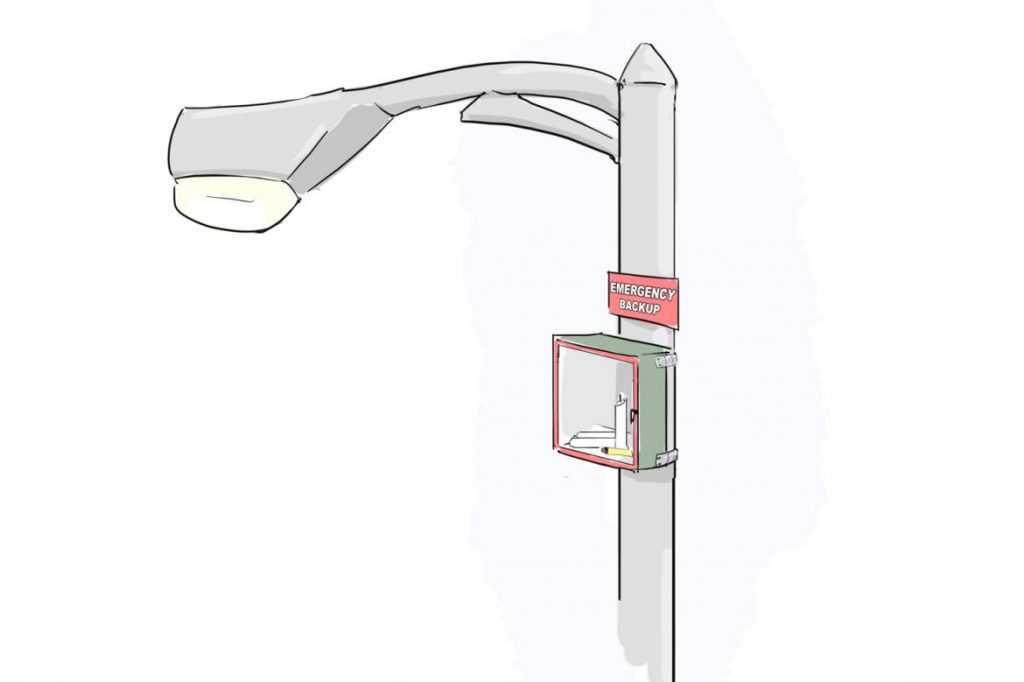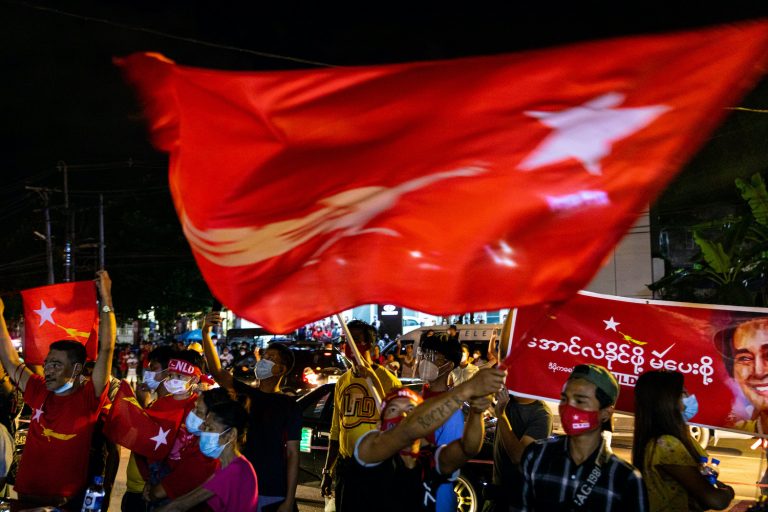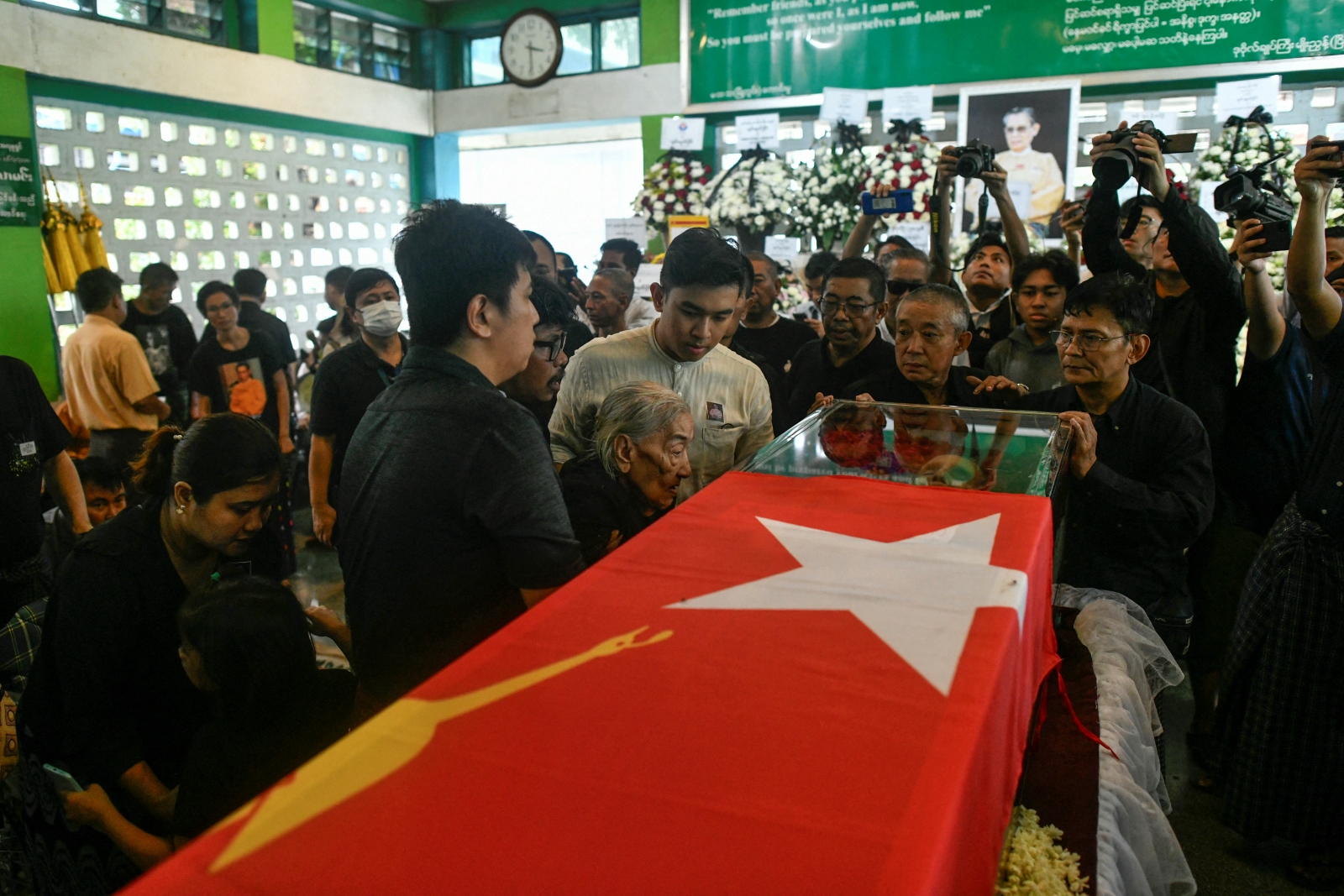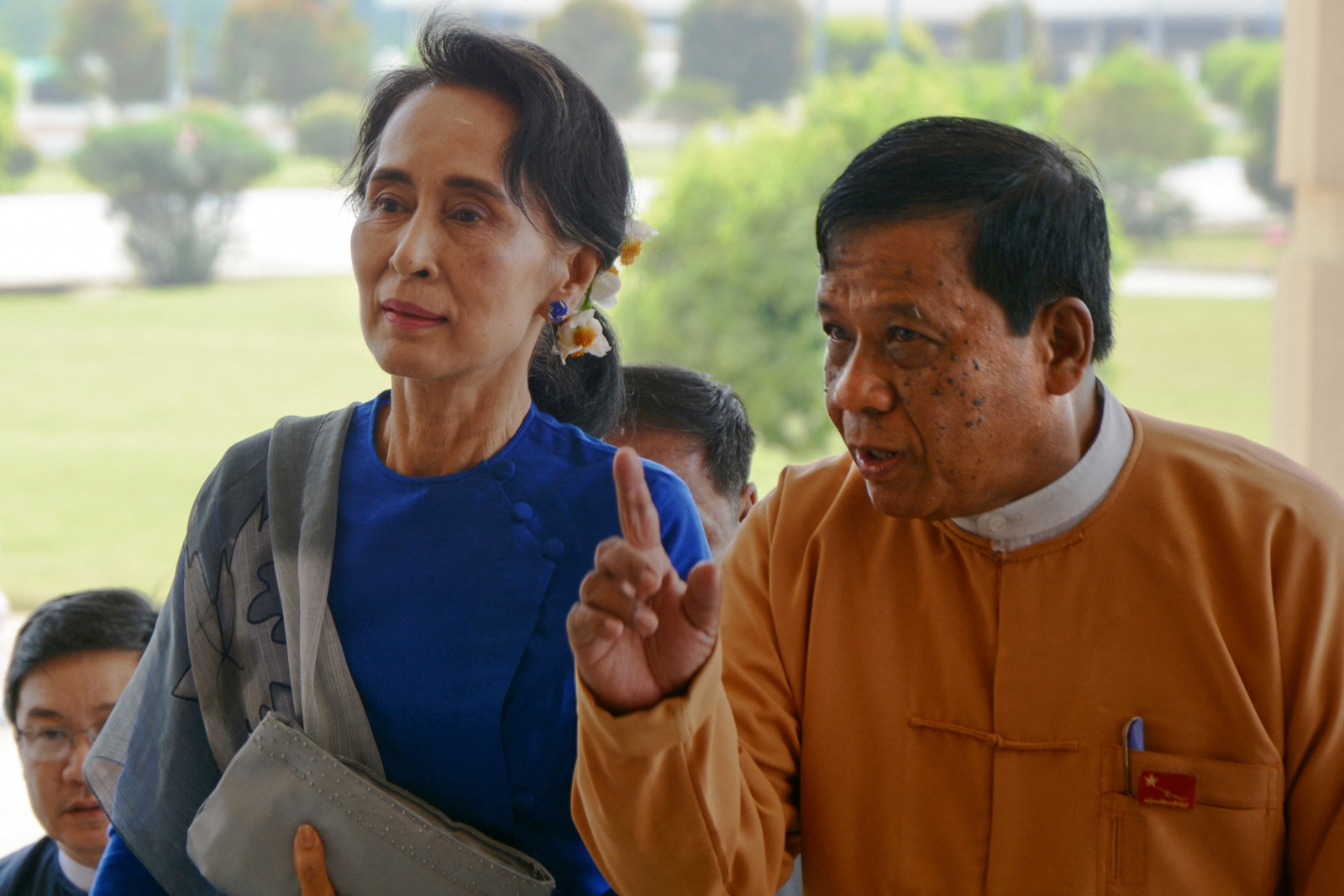Phyo Min Thein’s real crime isn’t throwing a tantrum, something we all do from time to time when the power goes out.
YANGON REGION Chief Minister U Phyo Min Thein has one of the toughest jobs in the country. Few places in Myanmar couple high expectations and a sense of entitlement quite like its commercial capital. Despite average living standards far better than the rest of the country, we want more, and we want it now. The knowledge that two thirds of the country never has power because they’re not connected to the grid is little consolation when you’re sweltering through a midday outage.
But the chief minister won little sympathy recently when he walked out of an event at Sule Shangri-La after the power went out for 30 minutes. It’s not the fact that he left – Phyo Min Thein is a busy man, after all – but rather the manner in which he did so.
According to an employee from the bank that organised the May 18 event (whom the chief minister mistook for a hotel worker) Phyo Min Thein complained that the hotel should have had a backup generator ready. Anyway, the power shouldn’t have gone out at all, as Yangon Electricity Supply Corporation had been informed of his schedule, he said.
With power cuts increasing in frequency in recent weeks, he has quickly become a target for online satirists. These outages have been dubbed “Shangri-La moments” by some, while others mockingly complain on Facebook that the power isn’t allowed to go out while they are at home – after all, they’d told YESC about their schedule. Another hotel has even started advertising how fast its backup generator will come to life in the event of a power cut.
But Phyo Min Thein’s real crime here isn’t throwing a tantrum, something we all do from time to time when the power goes out. Rather, he’s broken a golden rule by insisting that he deserves special treatment. On one level this makes sense – government needs to be insulated from power cuts in order to be able to function efficiently – but it’s also bad politics to deviate from the line that we’re all in this together.
Support more independent journalism like this. Sign up to be a Frontier member.
This was a lesson former governments failed to heed. Their leaders grew immensely wealthy while the people struggled to survive. The generals ensconced themselves in a new capital with round-the-clock power supply while the rest of the country went without. When most people still relied on a bullock cart, they cruised around in Lexus four-wheel drives. This bred resentment and contributed to the desire for change that manifested in the 2015 election result.
But since the transition there has been little progress on meeting Myanmar’s electricity needs. People want solutions to the problem, not complaints, and their patience is wearing thin.
Unfortunately, Phyo Min Thein’s party, the National League for Democracy, has failed to deliver. It has not added any new installed capacity. Industry remains as confused as ever about its intentions: One minute the government is talking about liquefied natural gas, the next coal-fired plants are back on the table.
Unwieldy regulations, bureaucracy, corruption and indecisiveness have made it all but impossible to secure much-needed foreign investment. Prices remain ridiculously low, leaving little money to invest in new infrastructure.
The NLD-backed government needs to make some significant changes to how it approaches the electricity issue. That means communicating a strategy on everything from the fuel mix to raising prices. It means expediting the process for investment. It means developing a feed-in tariff, regulations for off-grid power and grid expansion map. Investors are there to fill in the blanks.
Time is of the essence. Electricity demand is growing rapidly, and with it state subsidies that are now costing hundreds of millions of dollars a year.
The NLD now faces a serious but manageable problem. But if it doesn’t raise its game, Myanmar’s power supply challenge will quickly become an even more daunting task.
This editorial originally appeared in the May 25 issue of Frontier.







